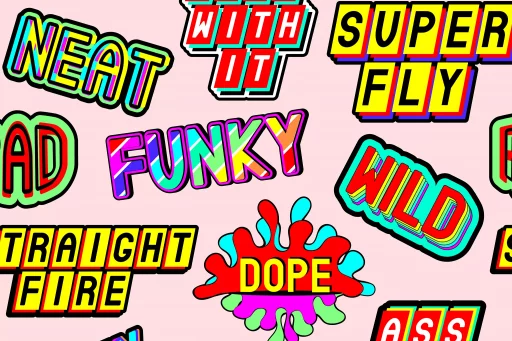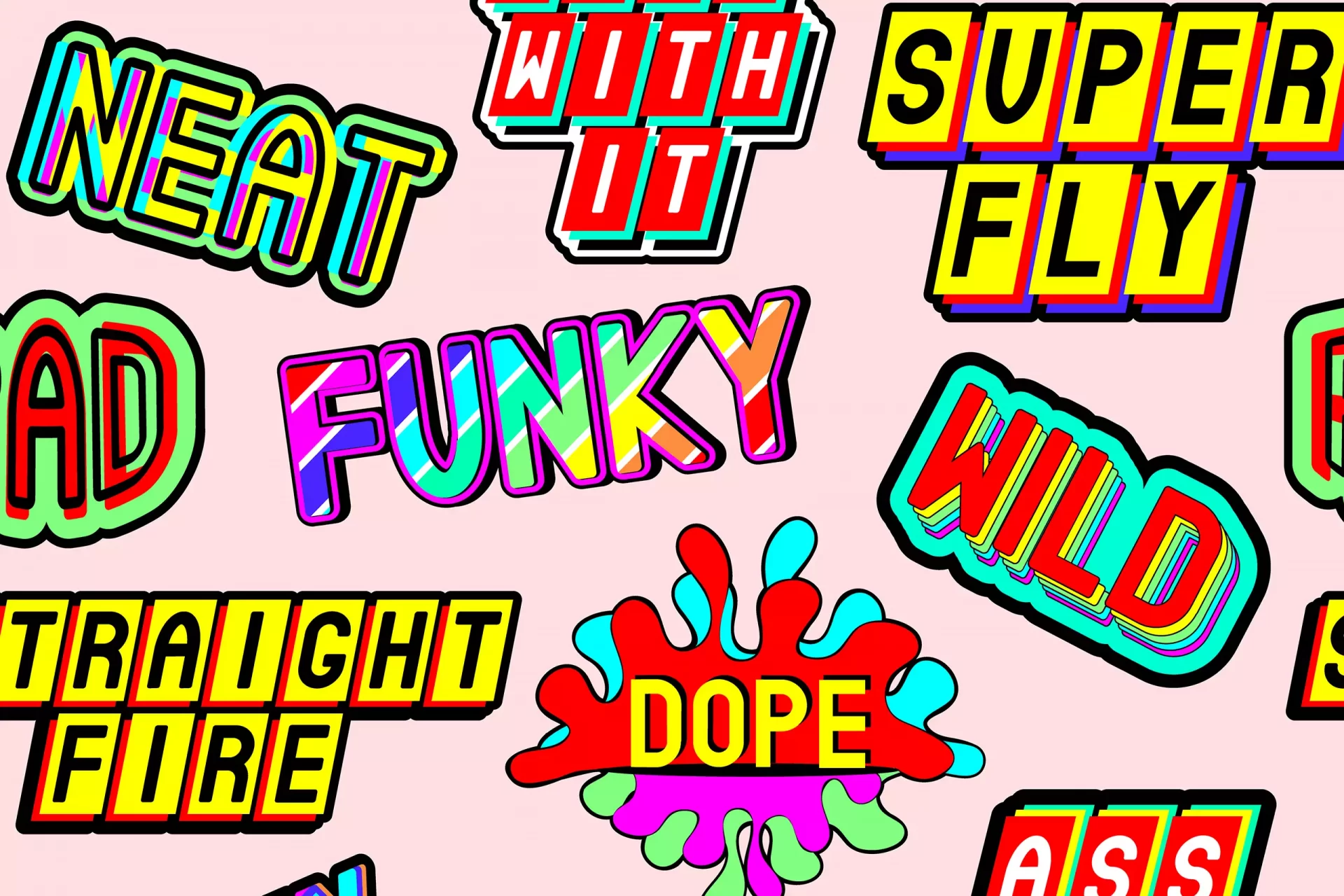Introduction to Jawn
In the rich tapestry of American slang, few terms pack as much versatility as “jawn.” Primarily associated with Philadelphia, this word has transcended regional boundaries and evolved into a cultural phenomenon. This article delves into the origins, meanings, and broader context of “jawn,” showcasing its fluidity in everyday conversation.
The Origins of Jawn
The word “jawn” is believed to have originated in Philadelphia during the late 20th century. It is thought to be a derivative of the term “joint,” which was commonly used in Philadelphia’s slang vernacular. Just as “joint” can refer to various objects or people, “jawn” has taken on a life of its own, expanding its meaning and usage.
What Does Jawn Mean?
At its core, “jawn” is a noun that can refer to virtually anything—a person, place, thing, or concept. The beauty of the term lies in its flexibility. Here are a few examples of how it can be used:
- Person: “That jawn over there is hilarious!” (referring to a person)
- Thing: “Can you pass me that jawn on the table?” (referring to an object)
- Event: “What’s the plan for the jawn this weekend?” (referring to an event)
Case Studies: Jawn in Popular Culture
As the usage of “jawn” has surged, it has made its mark in popular culture, particularly in music and social media. Here are a couple of noteworthy examples:
1. Jawn in Music
Philadelphia hip-hop artists have embraced the term. For example, many songs feature the word “jawn” to signify various elements in their narratives. This has contributed to its recognition outside of Philadelphia.
2. Jawn on Social Media
With platforms like Twitter and Instagram, the term has been popularized further. Users employ “jawn” in humorous memes and captions, showcasing its versatility across different contexts.
Statistics on the Usage of Jawn
A survey conducted by a local Philadelphia university revealed that nearly 60% of residents aged 18-34 frequently use the term “jawn” in daily conversation. The study highlights the generational and regional variations in slang, emphasizing how terms like “jawn” can serve as linguistic identifiers.
Why Jawn Matters in Today’s Language
The significance of “jawn” extends beyond its practical use in conversation. Here are a few reasons why it matters:
- Cultural Identity: The use of regional slang like “jawn” can foster a sense of belonging among speakers.
- Language Evolution: “Jawn” illustrates how languages evolve and adapt, picking up influences from various cultures.
- Community Connection: The term creates a bond among speakers, promoting connection and relational language.
Conclusion: The Enduring Legacy of Jawn
In essence, “jawn” is more than just a word; it’s a representation of linguistic creativity and regional pride. As slang evolves, terms like “jawn” showcase the dynamic nature of language, reflecting cultural shifts and enduring human connection. Whether you’re from Philadelphia or elsewhere, understanding and embracing terms like “jawn” enriches your grasp of contemporary language.


